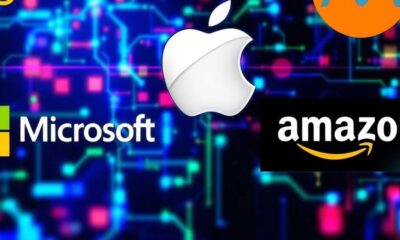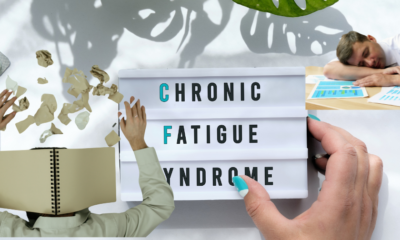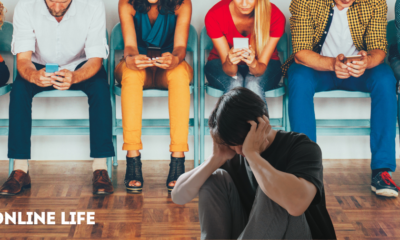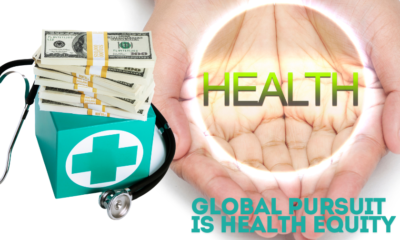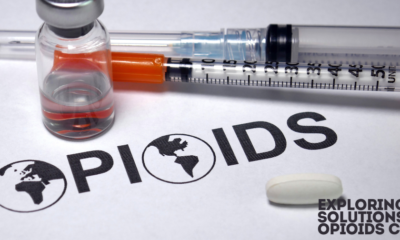Health & Fitness
Are The Supplements You Buy Online Safe?
Mislabeled supplements are on the rise, and they can be extremely dangerous to your health. Do you have any tips for finding quality supplements online?
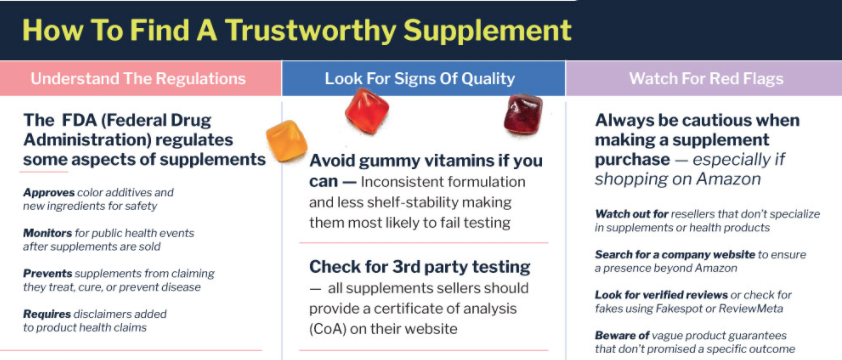
82% of bodybuilding supplements are mislabeled, as well as 69% of CBD products sold online. However, these aren’t the only supplements commonly mislabeled. Research has found 52% of dietary and herbal supplements to be mislabeled, as well as 49% of single and multivitamins, and 44% of botanical supplements.
The problem with mislabeled supplements is their potential to be dangerous. According to data, mislabeled supplements may contain far higher doses of their active ingredients, include unlisted ingredients such as pharmaceuticals, and even lack at least one active or inactive ingredient. Of course, this can be dangerous to one’s health.
One study found that nearly 1 in 3 people who take both herbal or dietary supplements in addition to their prescription medication(s) are at risk for an adverse drug interaction. Similarly, Poison Control counted 5,486 incidents in 2018 that involved herbal or dietary supplements, homeopathic medications, and/or vitamins.
Vitamins are supposed to make us healthier, not make us sick. Saying that, here are a few hacks you can use to find a trustworthy supplement online.
- Understand Supplement Regulations
- Look For Signs Of (Poor) Quality
- Watch For Red Flags
77% of online supplement transactions take place on Amazon, yet up to 64% of Amazon’s supplement reviews are fake. Of course, this makes it difficult for consumers to find quality products to improve our health.
It’s always wise to consult with your doctor before starting any new supplement, medication, or treatment; but in the meantime, check out these tips for finding safe supplements.
-

 Health & Fitness6 days ago
Health & Fitness6 days agoBudget Cuts Slash Vital Health-Tracking Programs in the U.S.
-

 Business5 days ago
Business5 days agoUS Stock Market Soars on Positive Jobs Data and Trade Optimism
-

 Business6 days ago
Business6 days agoUS Stock Market Soars as Jobs Report Surprises and Trade Tensions Ease
-

 Healthcare6 days ago
Healthcare6 days agoMajor Cuts to U.S. Health Programs Raise Concerns Over Public Health Tracking
-

 Business3 days ago
Business3 days agoS&P 500 Rallies as Fed Holds Rates Steady Amid Trade Talks
-

 Stock Market4 days ago
Stock Market4 days agoUS Stock Market Dips as Tariff Fears Resurface
-

 Crime7 days ago
Crime7 days agoU.S. Treasury Takes Aim at Major Mexican Cartel Linked to Fentanyl Trade
-

 Civil Rights3 days ago
Civil Rights3 days agoSupreme Court Upholds Controversial Ban on Transgender Military Service



